Domestic Bolts: Uses, Applications, and Industry Relevance
Created at : Apr 4, 2025
Bolts are foundational components in nearly every mechanical and structural system. As threaded fasteners designed to hold components together under load, they are critical to the integrity and performance of assemblies across countless industries. When bolts are manufactured within a specific country, such as the United States, they are commonly referred to as domestic bolts. These fasteners play a vital role in not only supporting infrastructure and manufacturing but also in meeting regulatory, quality, and sourcing standards.
What Are Domestic Bolts?
Domestic bolts are bolts that are produced within the borders of a specific nation, most often in accordance with that country's quality and safety regulations. In the United States, domestic bolts are typically made in compliance with ASTM, SAE, and ANSI standards. The term "domestic" signifies that the bolts are not imported, and often that the raw materials used in their production are sourced locally or processed domestically as well.
Domestic bolts are frequently required in federal and state-funded projects under policies like the Buy American Act. These regulations emphasize the use of U.S.-manufactured products to support the national economy and ensure adherence to strict quality and safety standards.
Why Choose Domestic Bolts?
There are several reasons why manufacturers, contractors, and engineers prefer domestic bolts:
- Quality Assurance: Domestic manufacturers are often held to higher quality control standards, providing more consistency and reliability in their products.
- Traceability: It's easier to verify the origin and manufacturing process of domestic bolts, which is essential in highly regulated sectors such as aerospace and defense.
- Compliance Requirements: Certain projects, particularly those funded by government contracts, mandate the use of domestic bolts to comply with sourcing and performance standards.
- Shorter Lead Times: Domestic production typically results in faster turnaround times compared to waiting for overseas shipments and customs clearance.
- Economic Impact: Purchasing domestically manufactured bolts supports local jobs and industries.
Applications of Bolts Across Industries
Bolts are used to join two or more components securely and are engineered to withstand various mechanical forces, including tension and shear. Their versatility makes them indispensable in both structural and mechanical applications.
Construction and Infrastructure
In construction, bolts are used to assemble steel structures, anchor components into concrete, and connect structural elements such as beams, columns, and trusses. They are also essential in infrastructure projects like bridge building, telecommunications towers, and energy facilities, where they must meet high strength and durability requirements.
Automotive Industry
Bolts play a central role in automotive manufacturing and repair. From securing engine components and suspensions to assembling frames and braking systems, bolts must be capable of withstanding constant vibration, torque, and thermal changes. High-strength fasteners are especially important for performance and safety in vehicles.
Machinery and Equipment
In the industrial sector, bolts are used to mount motors, assemble mechanical systems, and secure enclosures. Heavy-duty bolts are essential for machinery that operates under continuous or high-load conditions. Precision and strength are critical to ensure reliability and operational safety.
Aerospace and Defense
Bolts used in aerospace applications must meet exceptionally high standards for strength-to-weight ratio, corrosion resistance, and performance under extreme temperatures and pressures. Titanium and nickel-based alloys are often used for aerospace bolts. These fasteners are found in fuselage assemblies, jet engines, and critical structural joints.
Oil, Gas, and Energy
The energy sector demands fasteners that can endure harsh environments, including high pressure, temperature extremes, and exposure to chemicals. Bolts are used in pipeline systems, flanged joints, valve assemblies, and structural supports in wind turbines and oil rigs.
Marine Applications
Marine environments pose unique challenges due to constant exposure to saltwater, which causes corrosion. Stainless steel or specially coated bolts are used for boat construction, deck installations, masts, and marine hardware.
Home Improvement and DIY
Bolts are also widely used in residential applications, including furniture assembly, home repairs, deck construction, and outdoor structures. Homeowners and contractors rely on galvanized or stainless steel bolts for outdoor use due to their resistance to weathering.
Specialized Use Cases
Beyond general industry use, bolts are employed in specialized systems such as seismic tensioning systems in bridges, heavy-equipment foundations using anchor bolts, electrical infrastructure with vibration-resistant features, and military applications requiring armored and ruggedized hardware.
Conclusion
Domestic bolts are more than just hardware—they are a crucial part of the engineered world that demands precision, strength, and reliability. Whether supporting the beams of a skyscraper, securing the components of an aircraft, or anchoring machinery in a factory, bolts ensure the structural and mechanical integrity of systems we depend on every day.
Choosing domestic bolts not only guarantees quality and regulatory compliance but also contributes to a more resilient and self-reliant supply chain. For industries where performance and safety are paramount, domestic fasteners remain an essential and often required choice.
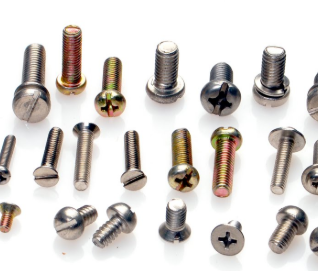 SCREWS
SCREWS
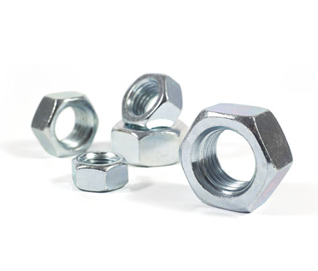 NUTS
NUTS
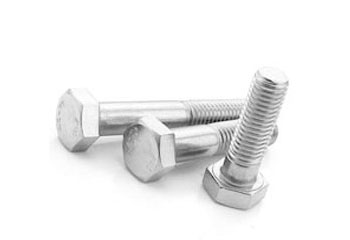 BOLTS
BOLTS
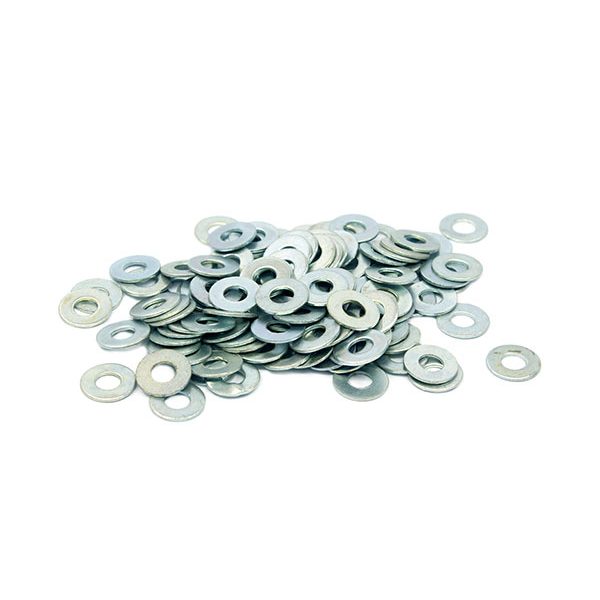 WASHERS
WASHERS
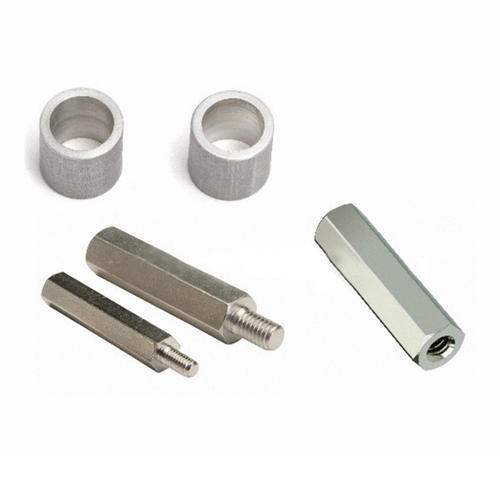 SPACERS & STANDOFFS
SPACERS & STANDOFFS
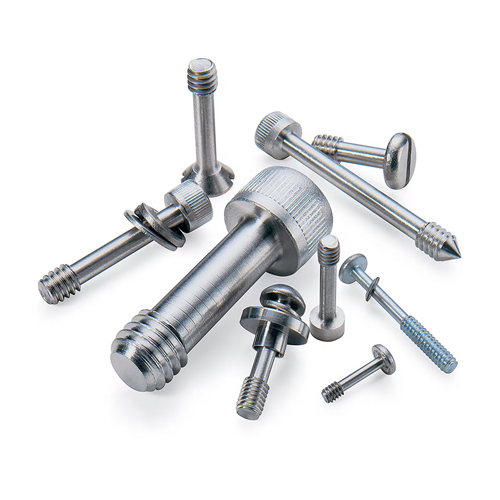 PRECISION/CUSTOM PARTS
PRECISION/CUSTOM PARTS
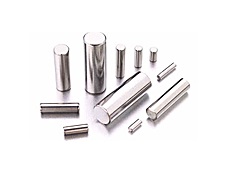 PINS
PINS
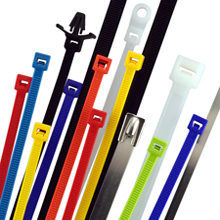 WIRE HANDLING
WIRE HANDLING
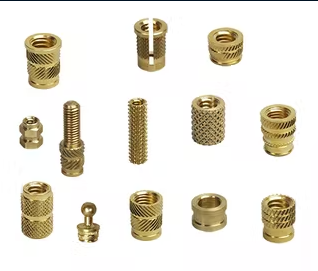 INSERTS
INSERTS
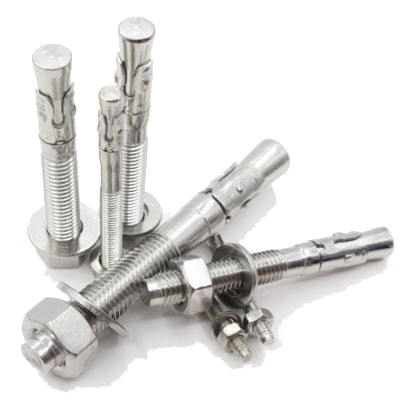 ANCHORS
ANCHORS
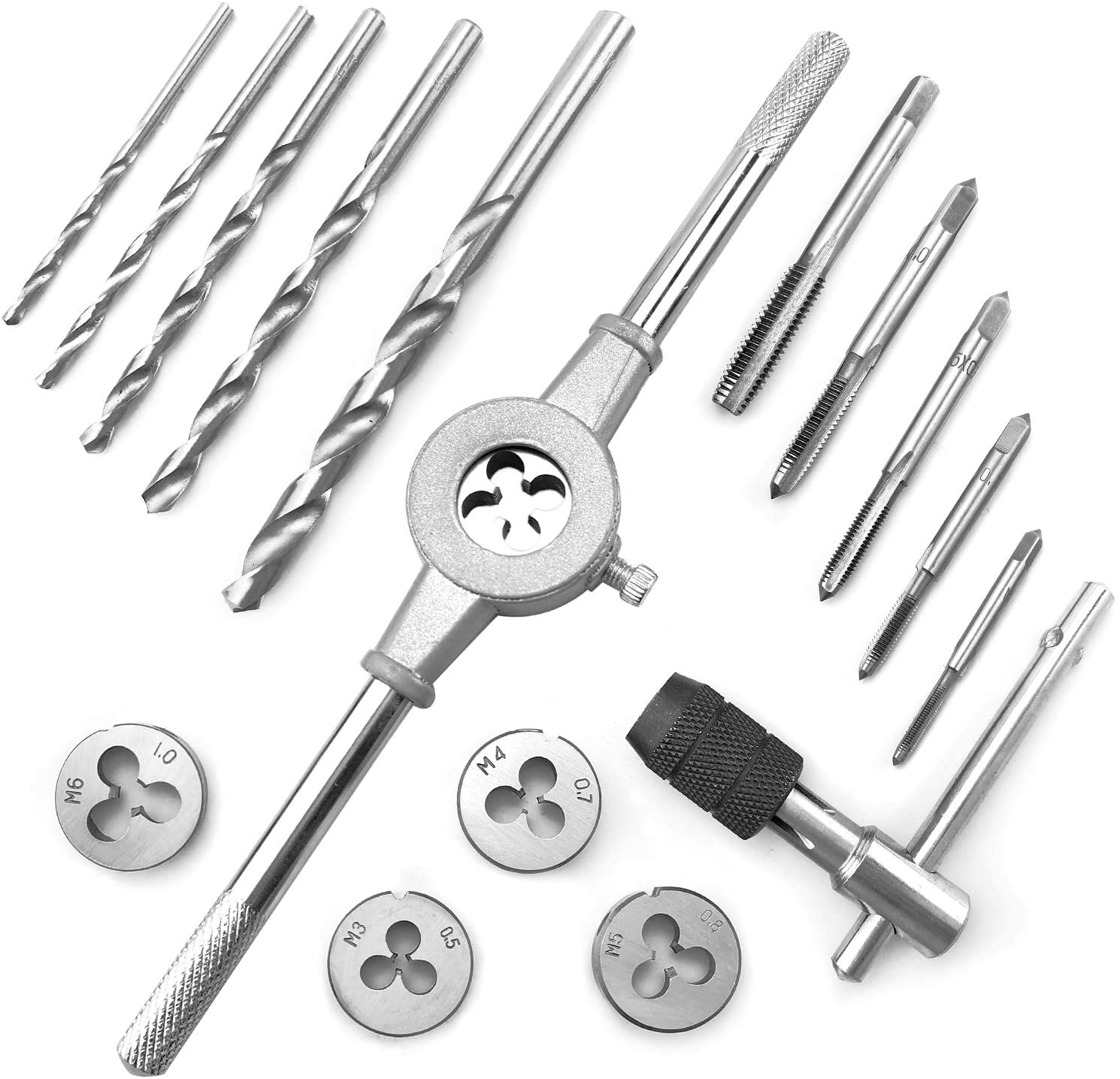 DRILL BITS, TAPS, & DIES
DRILL BITS, TAPS, & DIES
 ABRASIVES & SAWBLADES
ABRASIVES & SAWBLADES
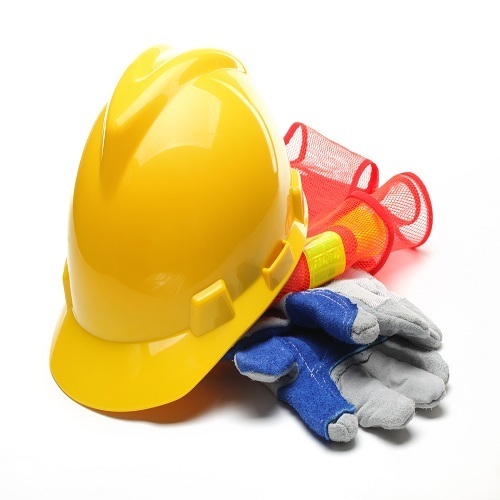 SAFETY EQUIP.
SAFETY EQUIP.
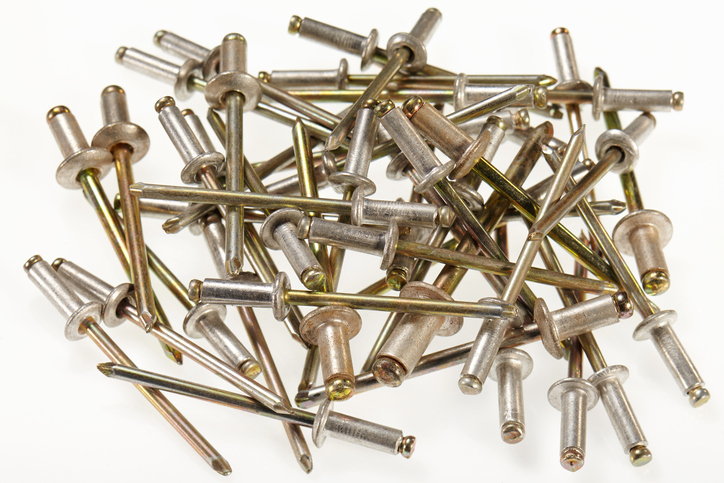 MISC.
MISC.
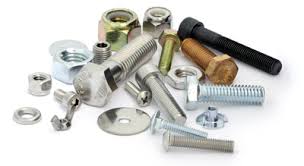 MATERIAL TYPES
MATERIAL TYPES
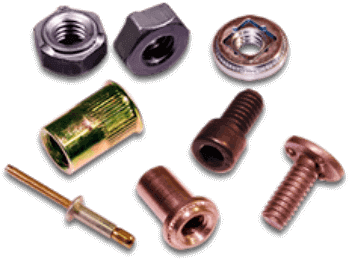 PLATING TYPES
PLATING TYPES